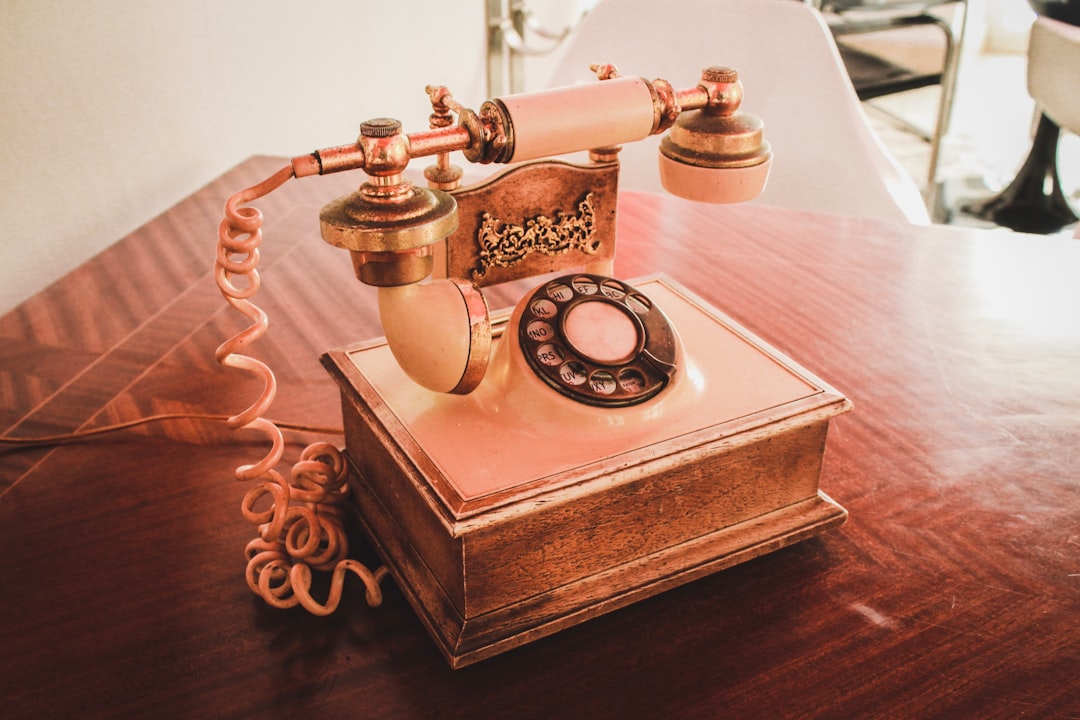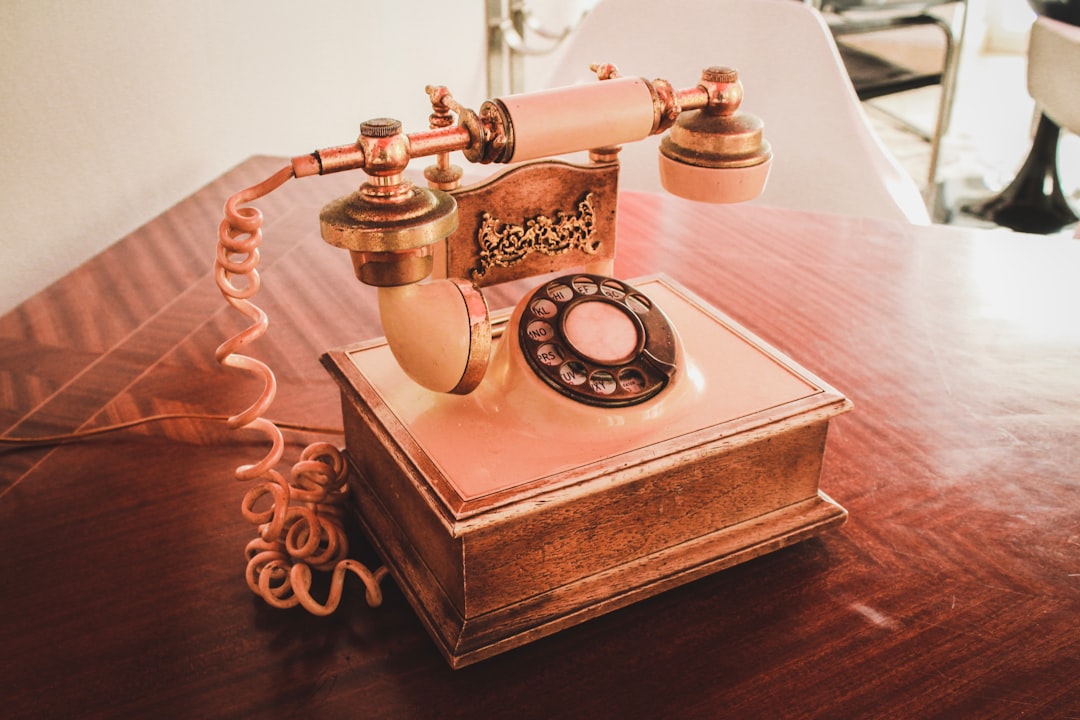Phone scams, including robocalls and spam calls, are a significant issue in Iowa, with residents targeted by fraudulent activities. The Telephone Consumer Protection Act (TCPA) provides legal recourse, but victims often require assistance from local advocacy groups and specialized Can I Sue For Robocalls Iowa law firms or Spam Call lawyers Iowa. These groups empower individuals to take action against perpetrators, offering support and representation to ensure victims' rights are protected and justice is served.
Local advocacy groups in Iowa are playing a vital role in supporting victims of phone scams, particularly robocalls. With the proliferation of automated spam calls, many Iowans fall victim to fraudulent schemes each year. This article explores how these groups offer crucial assistance, educate communities, and advocate for stronger legal protections. Understanding phone scams and their impact is the first step; knowing your legal options, including navigating spam call laws and potential actions through a TCPA (Telecommunications Consumer Protection Act) lawyer in Iowa, empowers victims to fight back effectively.
Understanding Phone Scams and Victim Support in Iowa

Phone scams, often involving unwanted robocalls and spam calls, have become a growing concern in Iowa, affecting countless individuals across the state. These fraudulent activities can range from impersonating government agencies to claiming to offer exclusive deals or services. Victims of such scams may experience financial loss, emotional distress, and a sense of violation. Understanding the legal framework surrounding these issues is crucial for both victims seeking justice and advocacy groups aiming to provide support.
In Iowa, phone scam cases are governed by state and federal laws, with the Telephone Consumer Protection Act (TCPA) being a key piece of legislation. The TCPA prohibits certain practices, such as making automated or prerecorded calls, without prior express consent. Victims who believe they have been targeted by robocalls or spam calls may have legal recourse and can consider filing a lawsuit against the perpetrators. Local advocacy groups play a vital role in empowering victims by offering legal aid, resources, and guidance on their rights under the TCPA. These organizations often collaborate with experienced spam call law firms to provide support, ensuring that victims receive the justice they deserve and helping to deter future phone scams.
Legal Options for Victims: Navigating Spam Call Laws in Iowa

Victims of phone scams in Iowa have legal options available to them, particularly through the Telephone Consumer Protection Act (TCPA). This federal law prohibits automated or prerecorded calls from contacting consumers without their prior consent, often referred to as robocalls. If you’ve received unwanted spam calls, you may be able to take legal action against the perpetrators.
In Iowa, a spam call law firm or lawyer specializing in TCPA cases can help navigate these complex legal options. These professionals understand the intricacies of the act and can guide victims through the process of filing a complaint and seeking damages. Whether it’s a matter of suing for robocalls in Iowa or finding representation from a reputable spam call lawyer, understanding your rights is crucial in combating these deceptive practices.
The Role of Local Advocacy Groups in Fighting Back Against Robocalls

Local advocacy groups play a vital role in fighting back against robocalls and protecting victims of phone scams in Iowa. These organizations, often composed of concerned citizens and legal experts, are at the forefront of raising awareness about the nuisance and fraudulent nature of automated telephone marketing. They provide a collective voice to advocate for stronger anti-robocall measures and educate the public on their rights.
In Iowa, where Can I Sue For Robocalls and Spam Call laws are in place, these groups collaborate with legal professionals specializing in TCPA (Telecommunications Consumer Protection Act) litigation. Spam call lawyers and law firms in Iowa work closely with advocacy groups to offer support and representation to affected individuals. Together, they ensure that those who have suffered due to unwanted calls can take legal action, potentially seeking compensation for their troubles.






